|
While I have always been a very reflective person, this year has me looking back in my entire experience as a classroom teacher. There have been many struggles and many tears, but there has also been overwhelming joy. I am incredibly proud of the work I've done and the difference I've made. My students are incredible people who have helped me to grow not only professionally, but also personally. After graduation on Wednesday, I will finish transitioning to the role of Professional Development Partner in the Student Services department of Denver Public Schools. I believe this work will push me use my skills to create materials that better honor the precious commodity of time so many teachers desperately fight to preserve. Above all, I am excited to use my expertise to help the many amazing teachers and students throughout the district. Below is a video reflection I recorded for an online community called Project Cam Opener #ProjCO. No words can fully capture all of the thinking and emotions I am feeling right now but it provides a start. Regardless of where my future takes me, I will always be a Lincoln Lancer. Thank you so much for all of your support and for following my reflections as a classroom teacher. I plan to continue reflecting on my work in my new role and bring additional insights into how I am working to improve teacher PD. Have a great summer!
0 Comments
 Today, as I opened my beloved Sunrise App, I saw a notification stating the Sunrise was acquired by Outlook and will therefore no longer exist after August 31st. I was initially devastated, as Sunrise solved my paper calendar dilemma. I love the app so much I wrote a blog post about it. I immediately started searching for a replacement. Many articles like this one came up in my search with two alternatives - the iCalendar app that comes with your iOS device and Fantastical 2. Fantastical 2, however, has a very high cost. Personally, I'm not sure iCalendar won't meet my needs enough make another app worth the extra cost. What calendar app do you love? Please share in the comments below!
Yesterday and today, I have had the pleasure of attending the first two days of the cognitive coaching professional development course taught by Sarah Baird and Amy McCarthy. Before attending the course, I had hear about this professional development opportunities and heard that it was one of the most valuable learning experience offered by my district. I could not agree more. While it is easy to get wrapped up in the content itself (which is incredibly valuable for anyone who engages in coaching conversations), I wanted to highlight some incredible strengths of the presentation itself that could and should be replicated whenever possible. This by no means constitutes an exhaustive list.
Each element reminded me of my infographic on Knowles’ Andragogy. It is clear that this course has been planned with incredible craftsmanship. This brings me to my learning from the course. While I have had the pleasure of interviewing many teachers for teacher-coaching positions, I lacked the academic background necessary to articulate what made a mock feedback conversation effective or ineffective. This course not only allowed me to put words to my observations, it also enhanced my understanding of what good coaching looks like. Cognitive Coaching is a coaching methodology that focuses on the reflection and thinking of the coachee. Coaches serve as mediators of thinking, allowing teachers to engage in deep reflection that allows them to work thought their goals for themselves and their students. This is grounded in the idea that people must change their perceptions before truly transformative change can occur. The goal is to support people in becoming self-sustaining learners capable of continuing the work after the coaching conversation has ended. It’s an ambitious goal, but one Cognitive Coaching makes entirely attainable with the guiding supports and structured practice provided. It is impossible to share everything I have learned in just the first two days of this training, but there were a couple of takeaways that I have found myself wanting to explore more deeply and practice with others. First, is the 5 States of Mind that provide coaches with the context needed about coachee strengths and opportunities for support. Below is a gallery of the posters we created about the 5 States of Mind: Consciousness, Flexibilty, Efficacy, Craftsmanship, and Interdependence. Next, I would summarize the entire approach to Cognitive Coaching to be one of spotlighting the coachee. It is difficult for a problem-solver to take a step back and guide another person to their own solution instead of simply providing their own expertise. The course makes a clear distinction between these two kinds of conversations. Once you move to giving advice, you are either working in collaboration with a colleague or you are moving to a consulting role. While this may have a place in a conversation with a colleague, it is important to make this shift very clear to all parties involved and invite for this change to occur instead of forcing it on a person. Most importantly, the default mode of a coach should be one of facilitating ideas, avoiding a shift of focus whenever possible.
This is just a tiny sliver of the knowledge and skills I have gained from this impressive training. Hopefully, I have provided just enough insight to convince you that you need to take the course for yourself. I believe that all people would find the information useful and directly applicable to their context - almost all of us are in situations where we need to work with other people. In addition, you may find yourself being a total nerd like me and taking notes on what PD done right looks like. Cognitive Coaching definitely sets the bar high. |
AuthorMattea Garcia is a human-centered problem-solver dedicated to improving learning and technology experiences. This blog is dedicated to reflections on leadership, educational technology, instructional coaching, educational equity, and more. Archives
June 2022
Categories |
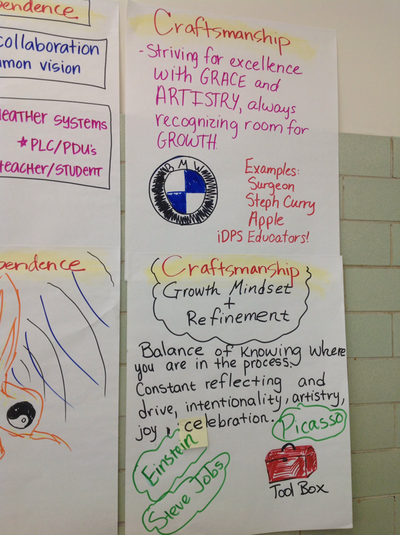
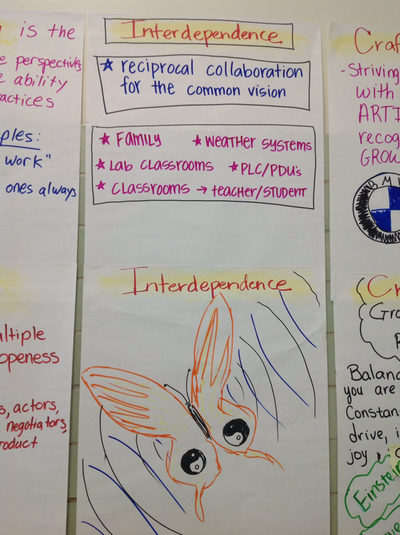
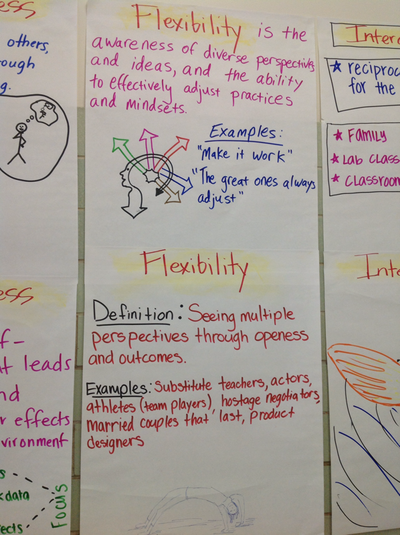
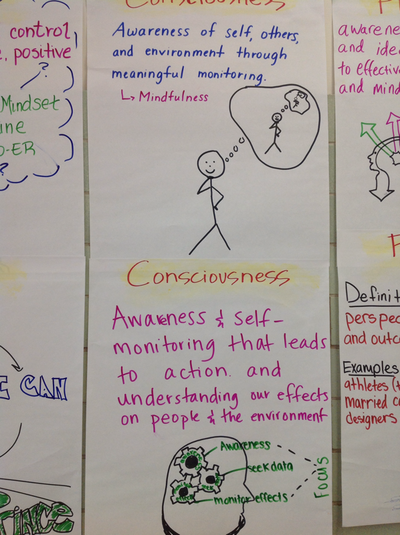
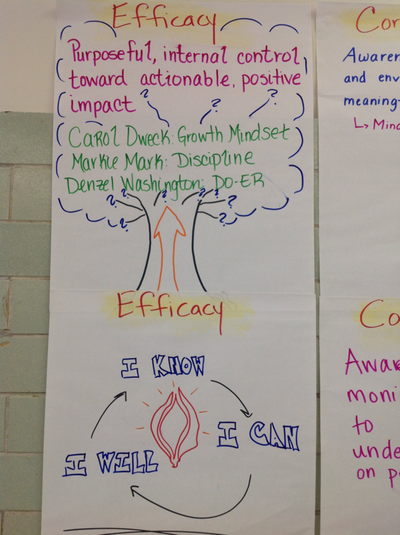
 RSS Feed
RSS Feed
